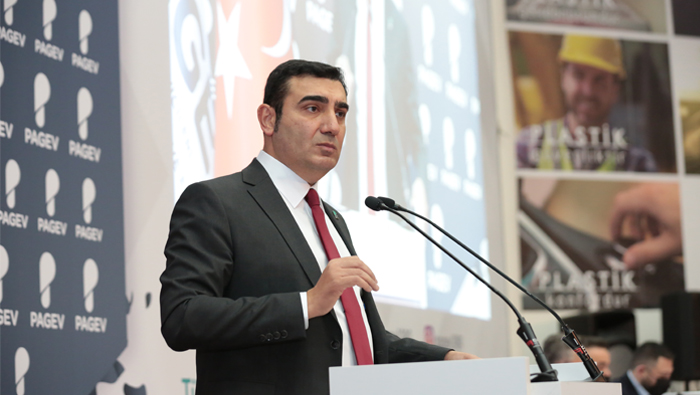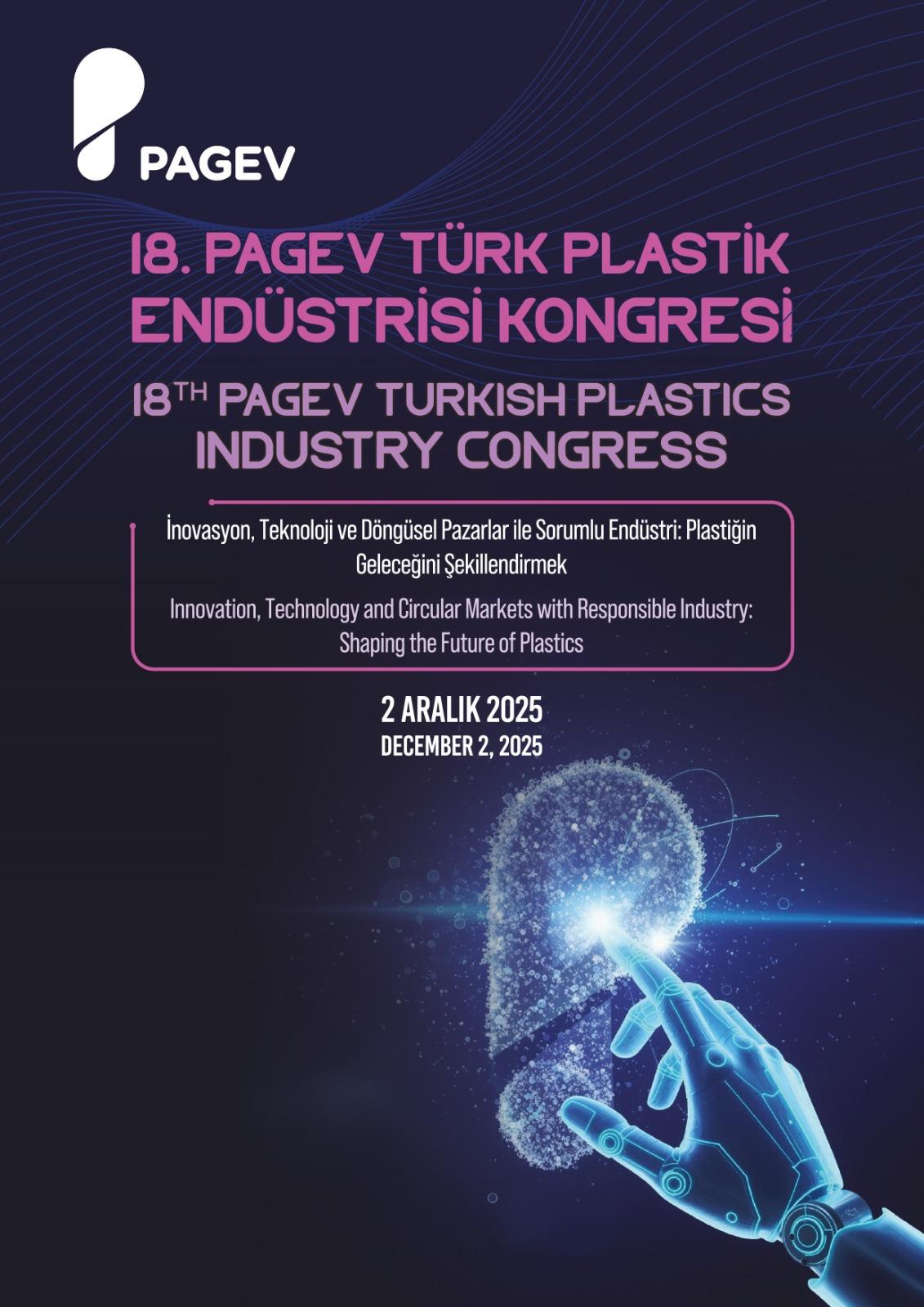Backlash against Speculative Petrochemical Price Hikes: Manufacturers Resist Raw material Prices by halting their Purchases in Turkey & China
As of November 2020, petrochemical companies around the world have cut production and reduced the supply of raw materials under various pretexts, allowing prices to rise rapidly giving a suspicion of OPEC-like Cartel arrangement. The petrochemical industry has been accused of cartel-like conduct before and has been repeatedly fined by competition authorities in various countries, but the massive profitability enabled by this kind of arrangements, coupled with supply chain disruptions, logistics issues, and most importantly the reluctance of governments to intervene due to the fragility of the global economy because of the pandemic, still encourage some companies to continue their practices.
As an example, the spot price of plastic raw materials have increased by an average of 150% in the last 9 months,in Turkey. The markups in raw materials destroyed price stability and made it a challenge to calculate costs and place quotes. Companies that operate at fixed prices, such as through contracts and tenders, found it difficult to pass the difference in cost on to their customers. Considering that raw material cost accounts for 60% of finished product cost on average, an increase of 150% in spot raw material prices changes the cost of the finished product by 90%. When customers refuse an increase of 90%, working relations are damaged and penalties are enforced in contract jobs, or companies absorb 90% increase in cost in order to maintain good relationships, and continue to operate at a loss. Neither case is sustainable.

The worst part is that the skyrocketing price of raw materials mops up the operating capital of manufacturers, much like a sponge. This leads to companies becoming financially unstable and fragile. In an industry dominated by Small and Medium Enterprises, many businesses resort to shutting down production.
Meanwhile, companies are stopping production due to raw material increases. For some, it is more profitable to sell the raw material in the inventory; they shut down the production line and sell the raw material they have for more than their possible production profit. As production slows down, so do employment. An urgent solution is needed.
Increase in raw material prices leads to inflation in addition to putting a burden on manufaturing industries. Plastic products that touch the lives of consumers everywhere, from food packaging to plastic yarn, cleaning supplies, shoes, beverage bottles and kitchen utensils, have gone up in price due to the increase in raw materials. The hike in raw material prices has dealt a blow to manufacturers, which will sooner or later be felt by the consumers. Further to putting a burden on manufacturing and employment, the price hike hits consumers with inflation. This is no longer an industry issue; it is a threat to the economy.
Knowing that the crisis would hit our industry and the aftershocks would be felt by consumers in the form of inflation, we developed an initial set of stopgap measures, complemented by structural changes for long-term improvement. We would like to share the solutions we developed so far, and where we stand in each of them.
OUR RECOMMENDED SOLUTIONS
1- We request from the relevant authorities, the removal of import duties and protectionist measures on plastic raw material imports, such as reference price, supervision, and anti-dumping duties during this turbulent times.
2- We expect petrochemical companies to have open dialogue with the manufacturing industry and to utilize their capacity & supply adequate raw material to the market.
3- We must develop policies that will serve the funding and investment needs of the recycling industry. We must have access to recyclates in order to meet EU’s plastics strategy, so the recycling industry needs the infrastructure & legislation for enough waste raw material that it has to handle.
4- We inform and warn the relevant authorities and public in general on the direct impact of the price increase in plastic raw materials on inflation as it drives the cost of a vast range of commodities including food, beverage, textile and footwear.
Apart from this above recommendations we also take actions to fix the supply and demand balance that has been ruined by the statistically suspicious wave of closures around the globe by the Petrochemical Industry.
WHY, WHEN AND HOW DO WE STOP BUYING?
An international effort is required to pop the speculative raw material price balloon. We continue to work with our joint forces for bringing a solution to the international issue. This has led to the emergence of the Joint Forces for Raw Material Platform, which will represent our interests on the international level.
China is the largest plastic product manufacturer of the world. Turkey is the sixth in the world, and second to Germany in Europe Continent. Both countries obtain plastic raw materials from domestic petrochemical facilities in addition to importing them. China is also the largest plastic raw material importer of the world. Turkey's position varies between second and top five depending on article. For example, China accounts for 43% of the world's polypropylene imports with 7 million tons. Turkey, on the other hand, is responsible for 13% of the world's PP imports with over 2 million tons. In other words, Turkey and China import around 56% of the polypropylene that is available for importing around the world. While percentages vary by raw material type, the fact remains that China and Turkey are key raw material importers.
As PAGEV, we work closely with plastics trade organizations in China, much like our close relation with EuPC in Europe. As the plastics manufacturers of two countries that account around 56% of the global imports in some articles, we recognize the artificial, astronomical price increase brought by petrochemical closures that deliberately restrict supply, and we will join our forces to protect our manufacturers from the destructive increase in prices, and prevent the eventual rise in inflation as plastics are used in every aspect of life.
Plastic product manufacturers in China, being the largest plastic raw material users of the world, had previously cooperated among themselves to successfully resist such artificial price increases. Now, as the two largest raw material users in the world, we can time our response strategically and reduce demand to reverse the price trend.
Manufacturers' associations in China have told us that, following the holidays which is just over, they would resist the price increase by petrochemical companies by not purchasing raw material until their inventories reached critical levels, and using recycled raw materials whenever possible. Furthermore, they told us that a series of petrochemical plants would go online in China starting in June, which would, when coupled with the resistance, reverse the market. According to our colleagues in China, the new PP plants that will go online this year will boost PP raw material production capacity by 15% at once. The new capacity additions in second half of 2020 for PP, PS, PC, PE, PVC, ABS, PET are all huge in China and thus with this excess supply, raw material prices will all be presured down. As China is by far the dominant importer of all plastic raw material globally, all raw material exporting countries to China would have to find new markets.
Just as an example, the new petrochemical facilities that will go online as of June will reduce China's import of polypropylene, by 57%. To compensate for the loss of China, petrochemical companies will need to sell the excess supply to new markets, and lower their offers. This will bring about a significant reduction in raw material prices. As new petrochemical facilities come online in China, the main plastic raw materials will be oversupplied, and if we act in unison and use our buying power, we will be able to expedite the fall in raw material prices that oversupply will cause, and achieve equilibrium in the market by pushing speculative prices down at the same rate that they came up.
Therefore:
1- Current prices are speculative prices that have been inflated by the artificial supply restriction by Petrochemical Companies. As new petrochemical facilities come online in China in June 2021, raw material supply will increase and prices will begin to fall. To expedite the process, all manufacturers should stop purchasing raw materials for as long as their inventory lasts, and work with minimum stock.
2- Virgin raw material should not be purchased from petrochemical facilities to the extent possible, and recycled raw materials should be preferred.
We expect all manufacturers to align their purchasing policies with our resolutions. Halting raw material purchases as of April will help to accelerate the rate of fall in raw material prices as new facilities come online in June, and will protect manufacturers from further loss.
PAGEV President Yavuz EROGLU said” Our members which make up %88 of Turkish Plastics Industries revenue showed unanimous support for our joint strategy with Chineese collegues to rebalance the supply&demand by halting raw material purchases at the PAGEV General Assembly held on March 20, 2021, which demonstrates that we are on the right path. We are confident that the thousands of manufacturers across Turkey and China will act in the best interests of their businesses and our industry.”
Contact: PAGEV Corporate Communication Director
Cesur Çaça [email protected]
ABOUT PAGEV
PAGEV is one of the leading nongovernmental organizations in Turkey focusing on the Plastics Industry. PAGEV is composed of over 800 trustees and relevant 1750 member companies that account for more than 88% of the plastics value chain in Turkey.
The Turkey plastics industry makes a significant contribution to the welfare in Turkey by enabling innovation, creating quality of life to citizens and facilitating resource efficiency and climate protection. More than 300 thousand people are working in about 11,000 companies (mainly small and medium sized companies in the plastic sector) to create a turnover in excess of 34 billion $ per year. The value chain represented by PAGEV includes polymer manufacturers, product manufacturers, equipment builders and casting companies.
PlastEurasia Istanbul, the largest annual international plastics industry fair in Turkey and Eurasia, and the second largest event of its kind in the world, is held with the partnership of PAGEV and TÜYAP Fairs.
PAGEV have built vocational schools in Turkey in pursuit of our education mission, where we support an employment-based education model and help to meet the need for well-trained technical personnel in the industry. The PAGEV Küçükçekmece Vocational High School has a capacity of 1500 students while the PAGEV Gebze Vocational High School has 500.
Our subsidiary organization PAGÇEV has been supporting the recycling industry since January 2014 to fulfill its mission of "Responsible industry, problem-free environment." PAGÇEV, the Recycling Economic Entity of PAGEV, is an Authorized Institution of the Ministry of Environment and Urban Planning for segregation of packaging wastes at source to improve recycling performance. PAGÇEV undertakes the recycling and documentation requirements of businesses that market packaged products in Turkey, and cooperates with municipal facilities to enable the segregation and recycling of packaging wastes at the source. The organization also conducts education and awareness campaigns on packaging wastes and recycling, encourages recycling activities, and prepares public service announcements.

